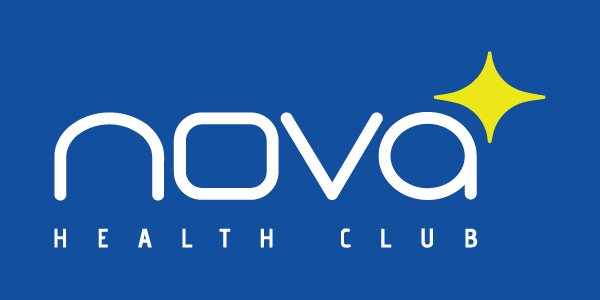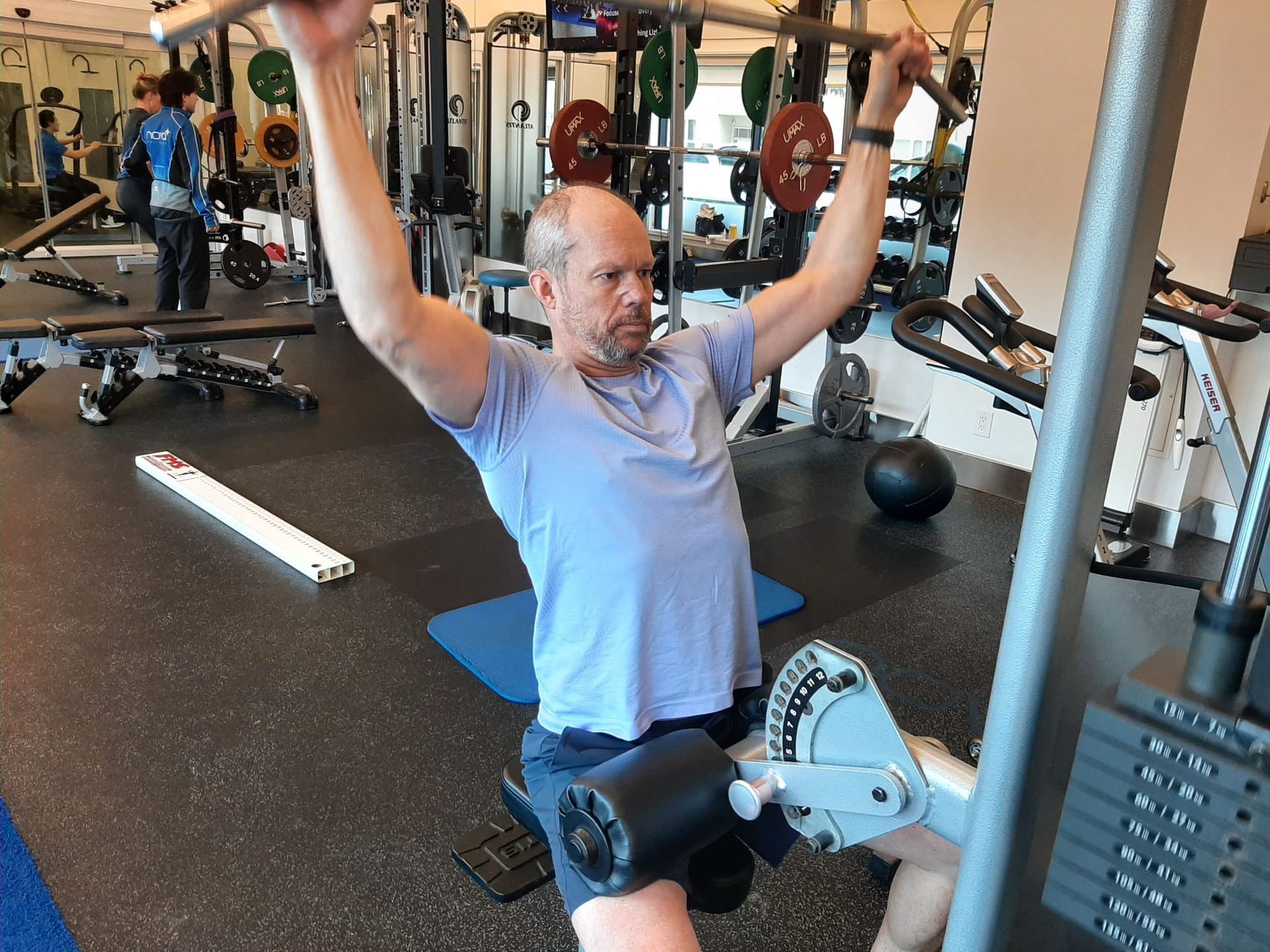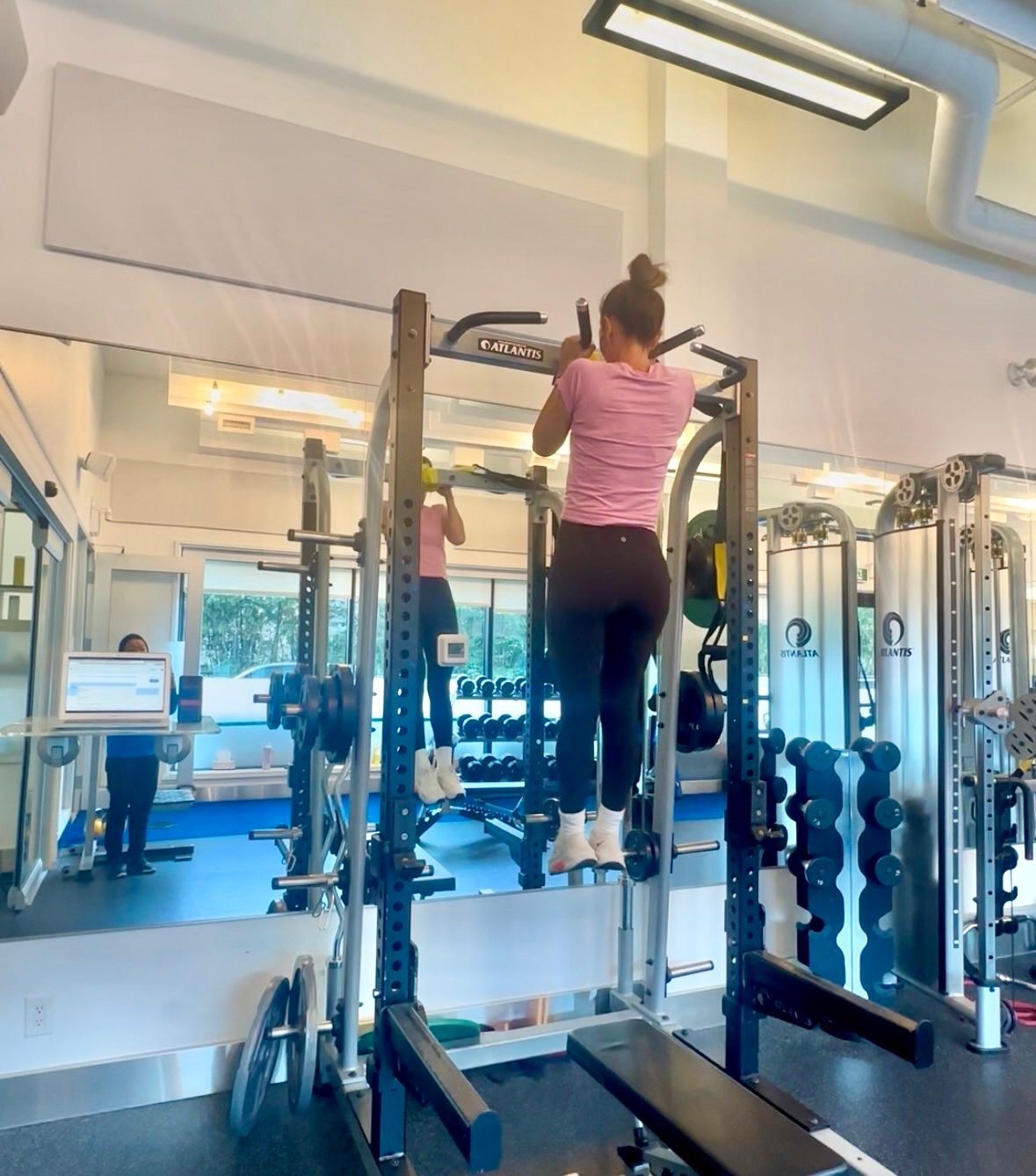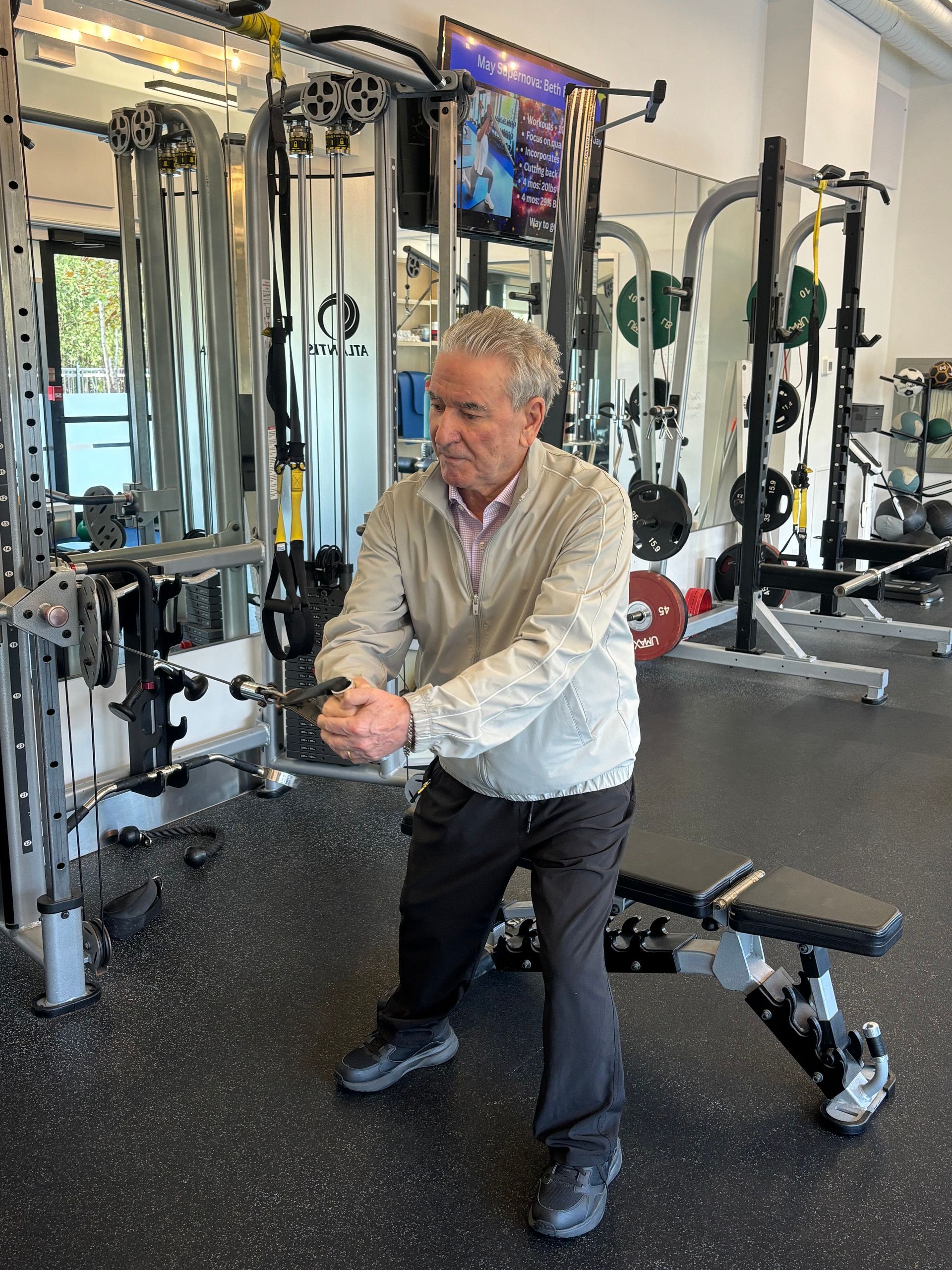An Introduction to Macronutrients
What are Macronutrients?
Our bodies use macronutrients each day for fuel and anabolic growth. They are carbohydrates, protein and fat. Unfortunately, most people have little awareness of macronutrients or how to create a healthy nutrition plan with them in mind.
On top of that, there are common misconceptions about macronutrients such as fat being bad, carbohydrates make you fat and too much protein is harmful. All of this leads us to be even more confused about our nutrition.
Not to worry, in this article we will look at each type of macronutrient and why it is so important for our health.
1) Carbohydrates (Carbs) = 4 kcal/g
Within the body carbohydrates are also referred to as sugar, blood sugar, glucose or or glycogen. This article uses these words interchangeably and should be understood as all meaning the same thing - carbohydrates.
Carbohydrates have gotten a bad rep in the last few decades. So much that the ketogenic diet, with its next to zero amount of carbohydrates has become all the craze. The truth is that carbohydrates are not bad. They can however become a problem when they are abused by eating too many or the wrong kinds or at the wrong times. Some common problems stemming from abusing carbohydrates can be fat gain, blood sugar imbalances, poor metabolic health and an increased risk of heart disease.
Carbohydrates are a necessary fuel that the human body needs for energy. Our brains run entirely on glucose and our muscles prefer readily available stored carbohydrates for intense exercise such as weight lifting. During any vigorous physical activity, if carbohydrates are not available, the body will break down muscle protein into glucose for fuel. Fat, while also being a source of energy, is not used at high training intensities due to the efficiency of turning it into fuel. Rather, fat is a better fuel for low intensity exercise such as walking or simply providing energy while sleeping.
The more active you are - especially higher intensity physical activity, where your
heart rate goes up, the more you need dietary carbohydrates to fuel the muscles and
prevent muscle protein breakdown.
How Much?
It is hard to give exact carb amounts as our metabolism and physical activity levels differ from person to person. A passive person can start somewhere around 40% of daily dietary energy coming from carbohydrates. A very active person - endurance athletes, for example - might have 70+% of their daily energy coming from carbohydrates. Most of us fall in the middle of that spectrum. Around 50% of daily energy coming from carbohydrates is a good starting point for the average person.
When we eat carbohydrates, they are stored in our muscles and liver. Anything extra will be stored as fat (our body's safety mechanism to ensure survival when there is no food. Think about hibernating bears for example). Many health problems come from being inactive and consuming too many of the wrong carbohydrates at the wrong time. Unlike bears, humans seem to never stop eating and we pack on fat because the carbs we consume never get to become fuel. Carbs are necessary for optimal health but when we abuse them that is when carbohydrates can become ‘bad’.
3 Types of Carbohydrates
i)Simple Carbs
Simple carbohydrates are ones that raise the blood sugar fast. This includes candy, fruit, juice, soda pop and even milk. It is very important to not over consume these foods as it will have disastrous outcomes on blood sugar and insulin (the hormone needed to move blood sugar to cells). Simple carbs generally have a high glycemic index which means they raise the blood sugar fast. These foods should be limited or strategically used.
ii)Complex or ‘Starchy’ Carbs
These foods generally have a lower glycemic index (raise the blood sugar slower) and include breads, pastas, rice, beans, squash and potatoes as examples. Beware that foods like white bread or white potato will raise the blood sugar much faster than whole grain bread or sweet potato because of their higher glycemic index.
iii)Fibrous Carbs
Fibrous carbs have a low glycemic index because of their low carbohydrate and high fiber content. These are typically vegetables. You can eat as many veggies as you want with next to no negative outcome on blood sugar or weight gain. Because veggies have a lot of water and fiber you will find it very hard to overeat this type of carbohydrate.
Summing Up Carbohydrates
While most people should reduce their carbohydrate intake, eliminating them completely is not always the best way to fat loss or better health. Your carbohydrate intake should be based on your current body composition, genetic type, hormones, sleep and exercise training. Do not be afraid of carbs. Besides fast energy, carbohydrates can help lower stress hormones, improve metabolism, support deeper sleep and increase training performance.
2) Protein = 4 kcal/g
Protein is the building blocks of our body, especially muscles! Muscle mass is not just for athletes or bodybuilders but for everyone! Muscle mass is what burns fat and keeps you functional as you age. The unfortunate reality however is that we live inactive lifestyles and consume high carbohydrate diets. This results in loss of muscle mass, slower metabolism and accumulation of body fat mass and ultimately disease.
No matter your goals or your age, getting enough protein is paramount to maintain muscles for good health. The more muscle mass you have, the healthier and more functional you will be. People with less muscle mass are more likely to die prematurely.
Other Benefits of Protein
Thermic Effect
All macronutrients when digested and utilized require metabolism to pick up. Protein is harder to absorb so the body requires more energy to digest and use protein. One of the benefits therefore of eating more protein is that your metabolism naturally increases.
Increased Satiety & Improved Blood Sugar
If you ever have eaten high carb foods on their own without protein you may have noticed that you are hungry soon after. This is because the carbs without protein and fiber are processed quicker and result in a higher blood sugar spike. Protein on the other hand is digested slower, controlling the blood sugar spike response and keeping you feeling satiated for longer. If you often feel hungry an hour or two after eating high carbohydrate meals, add protein! You will have better blood sugar levels, be full longer and with more energy.
Protein Sources
The best types of protein come from animal sources. That includes the basics like beef, pork, chicken, eggs and fish. Other common sources include dairy and legumes. When choosing your source of protein it is important to consider these things.
Meat
Where does your meat come from? Most meat protein that is available comes from industry raised animals who are often treated poorly and pumped full of hormones and antibiotics. These factors lower the quality of meat you consume. Try to find local farmers who care for their animals the way nature intended. You will end up consuming a higher quality meat with more vitamins and minerals and less toxins.
Legumes (Beans)
If you are trying to reduce your carbohydrates while building muscle on a diet high in legumes you could be in for a challenge. Legumes have protein BUT they are primarily a carbohydrate source. Furthermore, because of the carbohydrate structure of legumes, some people may experience digestive issues while increasing their protein intake with legumes. Legumes are great sources of other vitamins, minerals and fiber so including them in the diet has many benefits beyond a source of protein.
Dairy
Like meat, you must also consider where your dairy comes from. Dairy products have a lot of protein but also come with carbohydrates and fat depending on the type of dairy. Therefore if you are trying to get all your protein from cheese, you are also consuming a lot of fat. Dairy therefore is a food like legumes that pack other macronutrients and that some people have a digestive intolerance to.
How Much?
If your goal is to build or maintain muscle while burning fat, protein is essential! You will need approximately .9 to 1g of protein per pound of body weight. Getting this amount is easiest with animal protein. Supplementing with protein powder can help especially for the vegetarian or vegan.
The amount needed will vary based on body size, activity levels and personal goals. In general, women who want to build/maintain their muscle mass while burning fat should eat 3-5 oz of cooked protein per meal. Men with the same goals should eat 4-6 oz per meal.
Eating this amount will allow you to feel satiated longer, build muscle mass, increase metabolism and provided the carbohydrates per meal are in the right amount, maintain good blood sugar levels.
3) Fat = 9 kcal/g
Fat is as important in our diet as carbohydrates and proteins. When you eat fat it does not mean you are putting on fat. Fat is an energy source as well as a vital nutrient for proper cell functioning.
Many fats are hidden in foods. Whole foods such as meat, avocado, nuts and seeds all come with fat and are always better than fats hidden in junk food like chips or cookies. Fats that we are more familiar with are the ones that are either liquid or solid at room temperature like olive oil, butter or beef tallow.
Saturated Fats
These are solid at room temperature and include common foods such as butter, coconut oil or animal fat (lard, tallow). Saturated fats have a bad reputation as being the cause of arteries being blocked by plaque (this is not entirely true and related more to metabolic syndrome and inflammation and is a separate topic on its own). The fact is that saturated fats are an essential part of the diet needed for hormones, cell building and processing fat soluble vitamins.
Unsaturated Fats
Are typically liquid at room temperature. They include vegetable oils like canola or olive oil as well as omega 3 oils found in fish. Most plant based oils are omega 6 fatty acids. The typical modern diet is too high in omega 6’s and needs more omega 3’s. Pre industrialization, humans ate a ratio (omega 6 to omega 3) of 2:1 to 4:1. These days we are eating a ratio up to 16:1! Much of this can be blamed on the overuse of vegetable oils in processed foods.
Using Fat for Fat Loss
When trying to lose fat, we need to consume the right amount and types of fat. Anyone who has tried to follow a low fat diet as a way to burn fat will know that it is not sustainable. Incorporating fat is essential to getting the right amount of calories our body needs, for health and fat loss.
For someone who is overweight who consumes a lot of carbohydrates, one of the best ways to use fats to burn fat is to start the day with it. Pairing it with protein at breakfast is a common fat loss strategy ie: meat and nuts or eggs and avocado. Instead of carbohydrates at breakfast (cereal, toast, juice, sugar in coffee) that will spike blood sugar, fat at breakfast will better prime the body to better metabolize fat. Incorporating fat and protein while lowering carbohydrates is one of the best ways to improve insulin sensitivity, blood sugar levels and mental energy.
Summing Up Macronutrients
All three of these macronutrients are essential and needed in different quantities depending on goals, lifestyle and genetic type. Some people are designed to eat more carbs while others respond better to more protein and fat. This is sometimes referred to as the Primal Pattern Type. Interested in knowing your Primal Pattern Type? Click
HERE to do your own Primal Pattern assessment. If you need help, feel free to email
Josh@NovaHealthClub.com for support or for interpretation of your results.
If you would like to explore how macronutrients could be better balanced in your own personal plan, check out our
Transformation Health Coaching programs.


